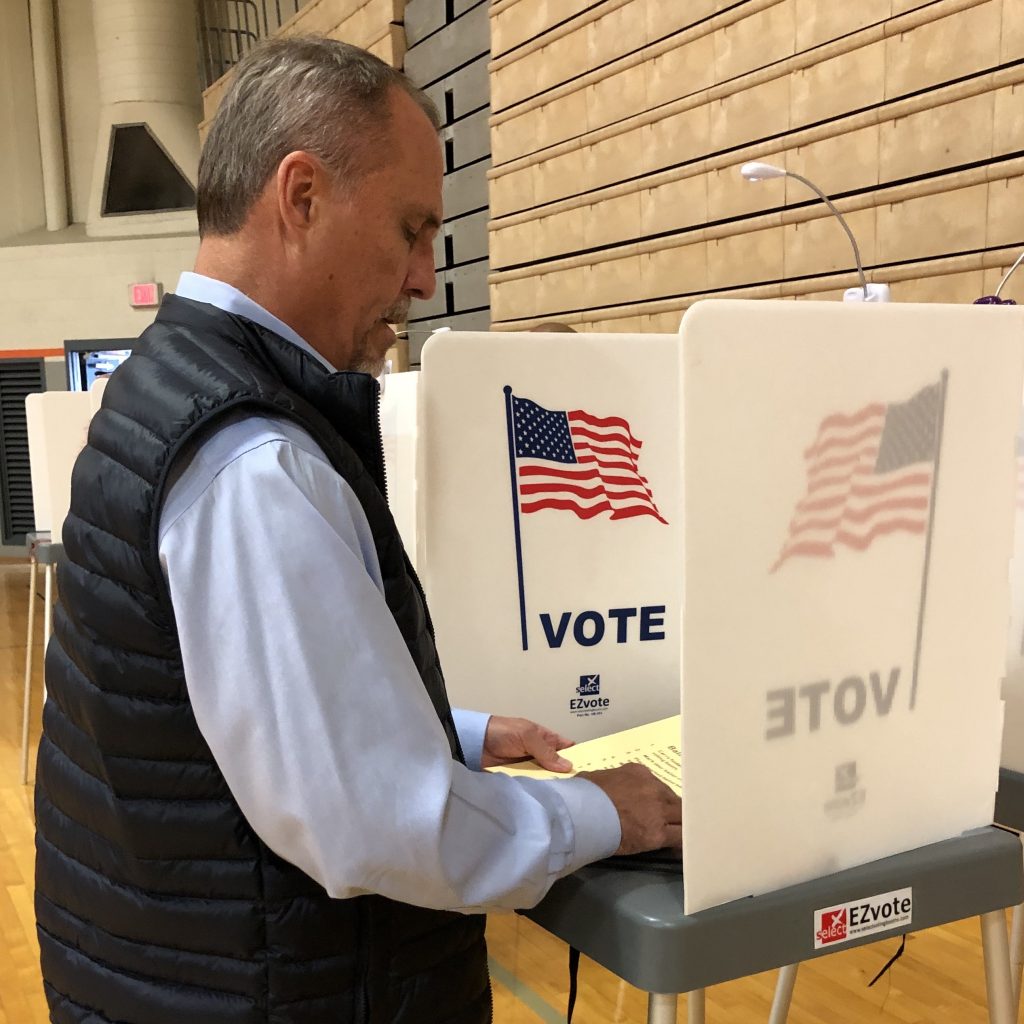A few links to things I was reading over coffee this morning:
Climate Change and Migration
A lot of people make the connection between American imperialism and migration to the US. Others lay part of the blame on globalization and NAFTA. This article at The New Yorker suggests that climate change now drives migration from Central and South America to the US.
‘It was about six years ago that things started to change,’ he said. Climentoro had always been poor. Residents depended on the few crops that could survive at an elevation of more than nine thousand feet, harvesting maize to feed their families and selling potatoes for a small profit. But, Pérez said, the changing climate was wiping out the region’s crops. ‘In the higher part of town, there have been more frosts than there used to be, and they kill an entire harvest in one fell swoop,’ he said. ‘In the lower part of Climentoro, there’s been much less rain and new sorts of pests.’ He added, ‘Farmers have been abandoning their land.’
Climate change is real and changing the way we do things, especially in agriculture. And if you think people fought over oil, wait until they’re fighting over food and water.
Virginia and Carbon Emissions
We have to reduce carbon emissions if we want to do something about this, and Virginia has a chance to take a market-based approach by joining the Regional Greenhouse Gas Initiative. Unfortunately, Republicans in the General Assembly keep blocking this.
Instead of celebrating this modest progress on climate action, Virginia Republicans have been fighting it every step of the way. Their latest effort takes the form of two amendments to the state budget that would effectively prevent Virginia from joining the Regional Greenhouse Gas Initiative (RGGI), a nine-state platform for trading carbon emission allowances. It would also stop the Commonwealth from participating in a new compact focused on reducing carbon emissions in transportation.
The Chesapeake Climate Action Network called on Governor Northam to “veto the budget language that blocks the Commonwealth from joining RGGI and to move forward on climate action, to protect the future of all Virginians.” I agree.
A Conservative Defense of the Electoral College
Elsewhere in Virginia politics, Stephen Brodie Tucker writes in defense of the Electoral College at Bearing Drift.
My point is that the federal government does not exist to represent us individually or in mobs. The Federal Government exists to represent the 50 States and to arbitrate amongst them. The State Governments are our governments and the Federal Government is theirs. The worst mistake the United States ever made was ratifying the 17th Amendment, which turned the Senate over to the popular vote of the people. The House of Representatives is The People’s House. The Senate was meant to represent the will of the State governments.
I left a lengthy comment on the post, so here I’ll just point out that this is an anachronistic new of the American Republic made effectively obsolete by the Civil War. Delegates to the Constitutional Convention created the Electoral College and left election of Senators to state legislators to protect elite interests, among them slavery, in the States that existed at the time. The Electoral College is anti-democratic and needs to go.
Finally, I had a lot of fun this week listening to Rick Reilly plug his new book, Commander in Cheat: How Golf Explains Donald Trump. John Cassidy reviews the book in the New Yorker.
Reilly recounts a time when Trump was declared the senior club champion at Trump National Bedminster, in New Jersey, even though he was in Pennsylvania on the day that the event was played. ‘He’d declared that the club should start having senior club championships for those 50 and up, but he forgot that one of the best players at the club had just turned 50,’ Reilly writes. ‘Having zero chance of beating the guy, he went up to his Trump Philadelphia course on the day of the tournament and played with a friend there. Afterward, according to a source inside the Bedminster club, he called the Bedminster pro shop and announced he’d shot 73 and should be declared the winner. The pro, wanting to stay employed, agreed. His name went up on the plaque.’
I’ll resist the urge to elaborate on what I think this says about Donald Trump. Reilly, Cassidy, and others have articulated this far better than I could. But I will say that it surprises me not at all that a man who would refuse to pay people for the work they did for him would pull shenanigans like this. Read the review, buy the book, and judge for yourself.

